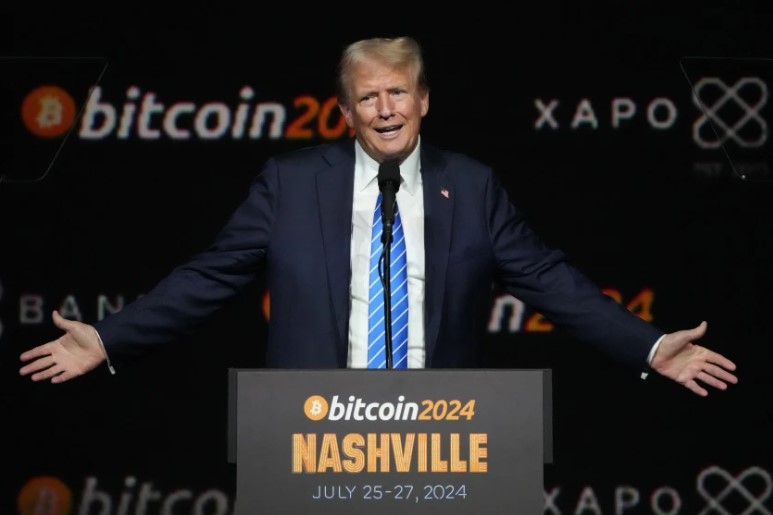The Trump family business recently released an ethics agreement that allows it to make deals with private companies from foreign countries. This is a change from the past, as the company was previously restricted from making deals with both foreign governments and companies. The new agreement still prohibits deals directly with foreign governments, but now private foreign companies can strike deals with the Trump Organization.
The company has also committed to several safeguards from President Trump’s first term, aimed at preventing his financial interests from influencing policy decisions. For example, the Trump Organization will hire an outside ethics adviser to review potential deals for conflicts of interest.
In the past, the Trump Organization has entered into deals for hotels and golf resorts in countries like Vietnam, Saudi Arabia, and the UAE, raising concerns that President Trump’s business interests could affect U.S. policy towards these countries. The company has also shown interest in doing business in Israel and other places. Additionally, Trump’s family company is involved in two publicly traded businesses that could be influenced by foreign investments, including Trump Media & Technology Group (which owns Truth Social) and World Liberty Financial, a cryptocurrency venture.
Kathleen Clark, an ethics lawyer, expressed concerns that these business ventures could allow foreign actors to buy influence with President Trump through investments in his crypto and real estate projects.
The Trump Organization has hired William A. Burck, a managing partner of Quinn Emanuel LLP, to oversee deals that might conflict with public policy. The ethics agreement also keeps President Trump from making daily decisions about the business, restricts the financial information he receives, and commits the company to donate profits from foreign government spending at its properties to the U.S. Treasury.
In his first term, Trump faced scrutiny over his businesses, especially the Trump International Hotel in Washington D.C., which became a meeting spot for lobbyists and foreign diplomats. Critics raised concerns about potential violations of the Constitution’s emoluments clause, which prohibits the president from receiving payments or gifts from foreign governments. The hotel has since been sold, and the Supreme Court did not rule on the emoluments issue.
Trump’s financial stakes in companies like Trump Media and World Liberty Financial could raise new legal challenges, especially if foreign entities try to influence U.S. policy by investing in his ventures.


